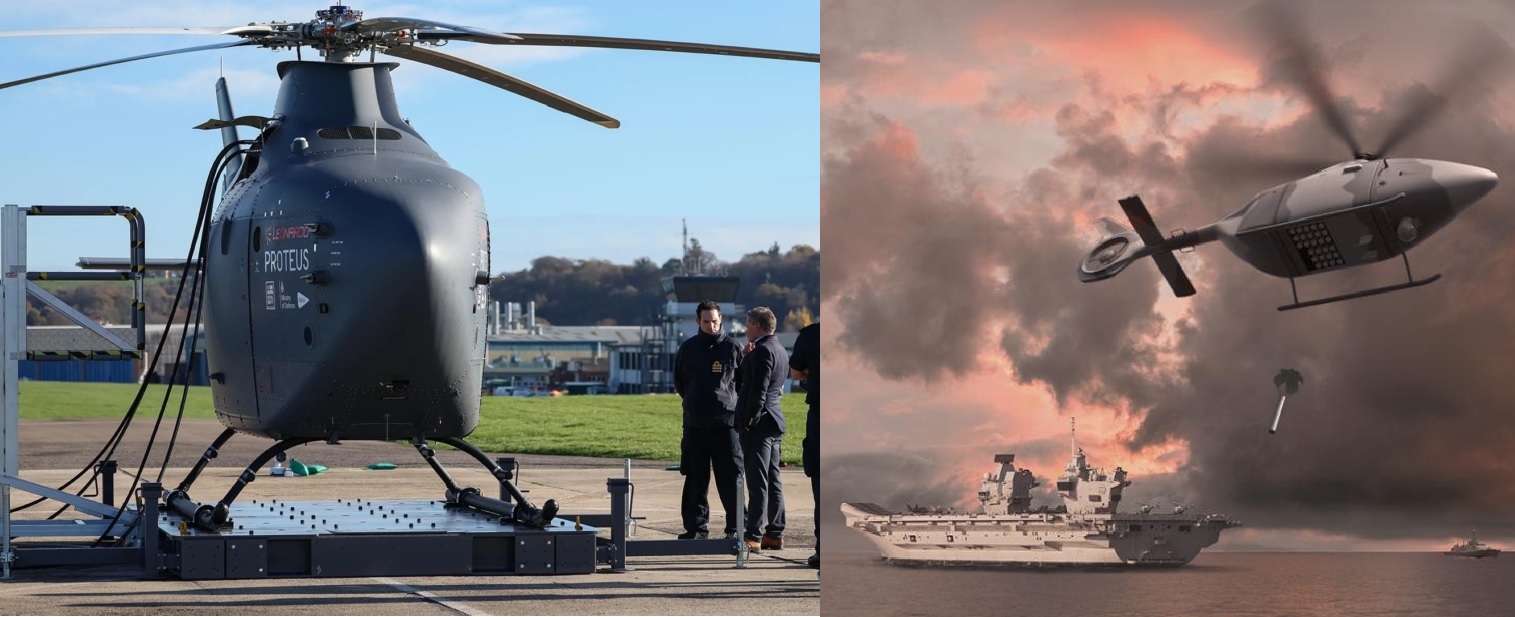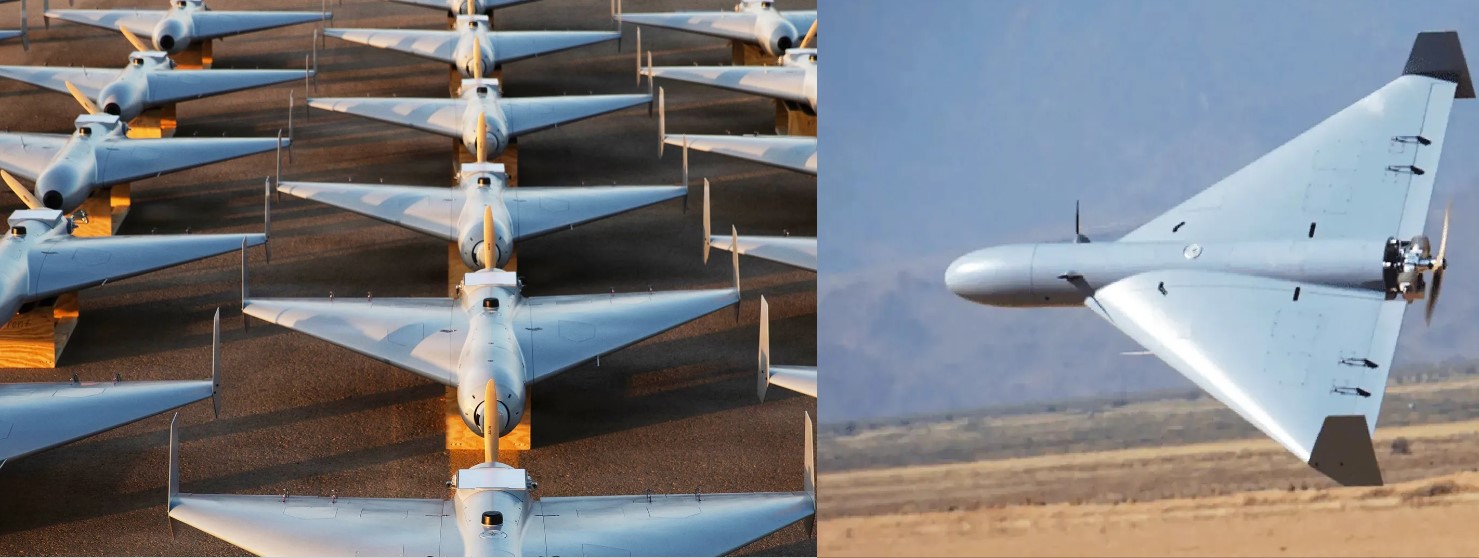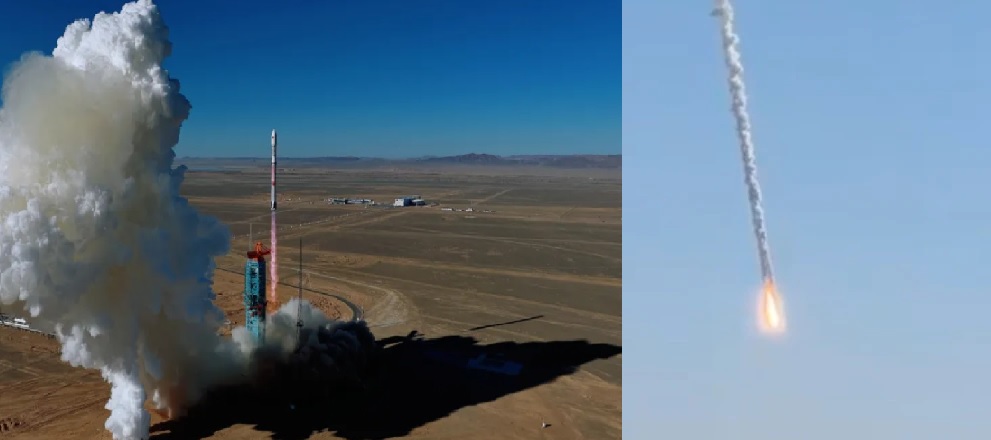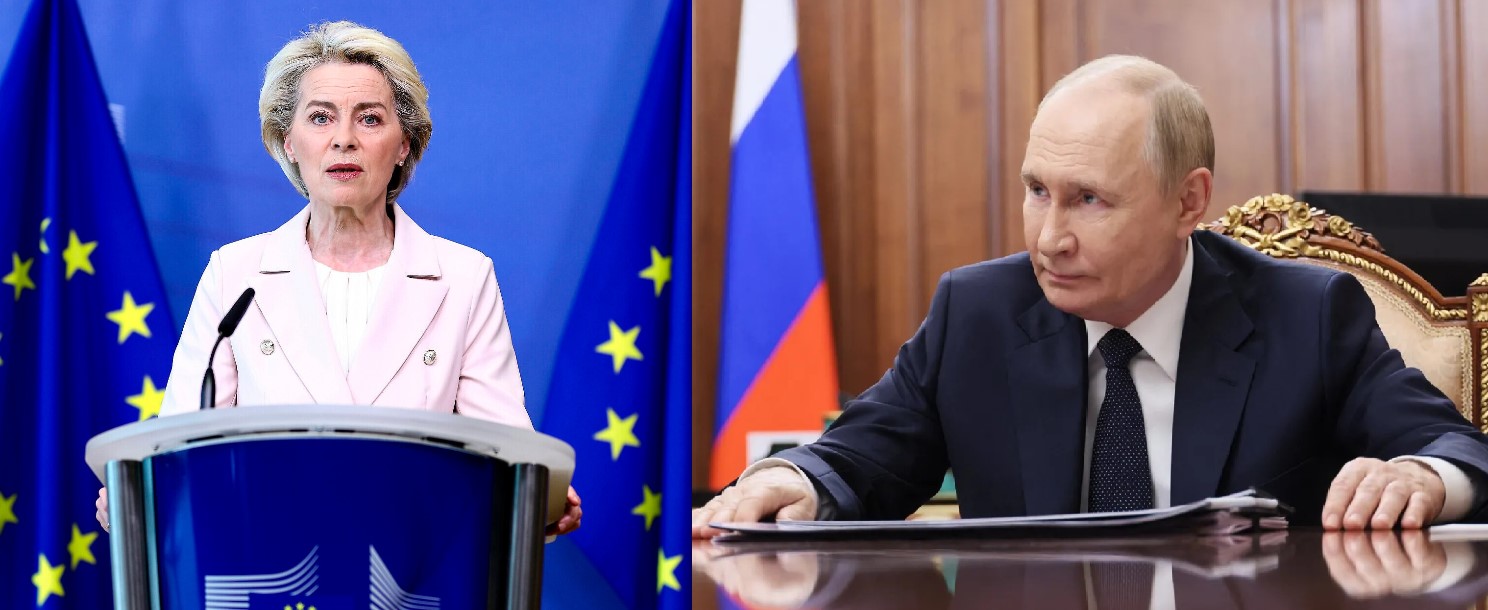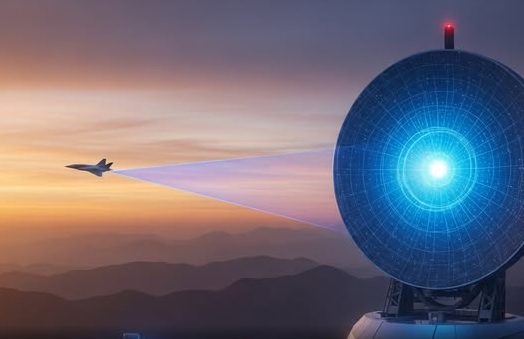Venezuela Reports U.S. Spy Planes Crossing FIR, Accuses Washington of Provocation

Caracas : Venezuela’s Ministry of Defense asserted on 15 September 2025 that several United States reconnaissance aircraft entered its Maiquetía Flight Information Region (FIR) over the past week, infringing what Venezuela claims is its extended airspace. The FIR covers the sea and airspace over La Guaira and the capital, Caracas.
According to Venezuelan officials, the incursions involved MQ-9 Reaper drones (U.S. Air Force), RC-135 Rivet Joint aircraft specializing in signals intelligence, and P-8 Poseidon maritime patrol planes of the U.S. Navy — among other U.S. military aircraft. The claims are based on flight-track data presented by Venezuela’s Strategic Operational Command on the social network X. Caracas alleges these flights violated Venezuelan regulations, which treat the FIR as part of its national air defense identification zone.
Additional Context & Details
-
Statements by the Defense Minister
General Vladimir Padrino López, Venezuela’s Defense Minister, said that intelligence and reconnaissance operations by U.S. aircraft have significantly increased. He claims that operations tripled in August and now occur daily, including at night or early morning. He expressed concern that many flights cross the Caracas FIR — or approach it — without formally notifying their flight plans. -
Types of Aircraft Named
In addition to RC-135 and MQ-9, Padrino López identified KC-135 tanker aircraft used for aerial refueling, and E-3 Sentry AWACS aircraft involved in surveillance and early warning missions. He warned that such operations might reach up to 200 miles into what’s claimed as Venezuelan territory. -
Venezuela’s Response Posture
The Venezuelan government asserts that its military is prepared to respond individually or collectively to any such incursion. Padrino López also described these U.S. aerial operations as “very provocative,” accusing Washington of seeking to justify a military threat or intervention. As part of its response, the government has emphasized its own internal intelligence efforts and combat readiness. -
Related Incidents Heightening Tension
The accusations come amid broader friction between Caracas and Washington. Earlier in September, a U.S. strike on a vessel alleged to be traffickers from Venezuela killed 11 people. Venezuela denied allegations that the individuals were involved in organized crime and accused the U.S. of violating international law. Additionally, the U.S. military has deployed naval forces, warships, and stealth aircraft including F-35s to the Caribbean, signaling an expanded presence and operational readiness in regional waters. Venezuelan leaders view these moves as part of pressure tactics. -
International Implications
Venezuela claims that the unannounced flights pose risks of air accidents, especially when flights cross or near its FIR at night without coordination. The government has also accused Trinidad and Tobago and Guyana, saying they have allowed their territories or airspace to be used in what it perceives as U.S. operations against Venezuela.
U.S. Position & International Law Considerations
Although U.S. commentary on these specific incursions has been limited, the broader U.S. position is that reconnaissance flights in international airspaces — including near but outside another state’s sovereign airspace — are legitimate under international law. Flight Information Regions (FIRs), as defined by the International Civil Aviation Organization (ICAO), are primarily for air traffic control, not sovereignty. Venezuela’s interpretation of FIRs as part of its defensive perimeter and air defense identification zone is not universally recognized.
Some analysts caution that failure to coordinate or notify may escalate risks of misunderstanding or accidental confrontation. The legality of operations such as maritime interdiction, aerial strikes, and refueling flights depends on treaty obligations, national sovereignty, and whether such operations are within international or territorial zones.
The situation remains tense. Venezuela has mobilized troops and reinforced its military readiness in recent weeks. U.S. military deployments in the Caribbean continue to increase. How both governments manage communications, transparency over flight plans, and diplomatic engagement will likely determine whether the current pattern of aerial reconnaissance and accusations escalates into something more serious.
Both domestic politics in Caracas and Washington, and regional dynamics involving neighboring states and multilateral bodies, will shape how this standoff evolves.
✍️ This article is written by the team of The Defense News.
